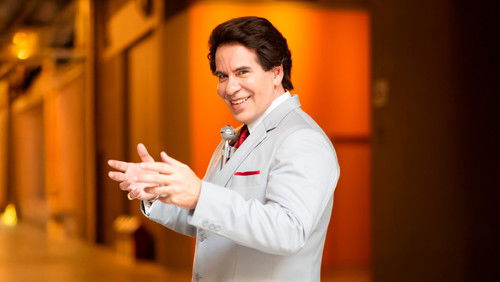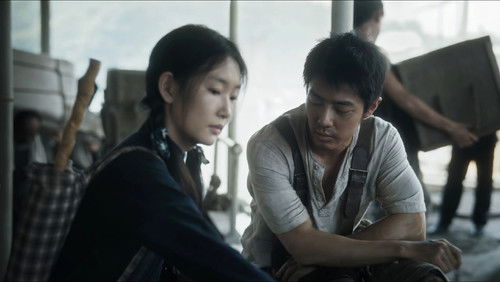Cromwell – Krieg dem König (1970)
37KCromwell – Krieg dem König: Directed by Ken Hughes. With Richard Harris, Alec Guinness, Robert Morley, Dorothy Tutin. Oliver Cromwell can no longer tolerate King Charles’ policies, and the self-interest of the ruling class, and leads a civil war to install Parliament as the ultimate ruler of England.
“This film ultimately fails as an historical drama. It has some pretty good elements. The production values of the costumes, scenes, etc., are overall quite good. Guinness is great as Charles: he looks a lot like him, and he does a good job at conveying the kingu0026#39;s tyrannical, autocratic stance, his conviction in his belief that heu0026#39;s right, his nobility to the end, and the fact that while he usually ended up taking bad positions or doing the wrong things, he did so not entirely for bad reasons (at least in his own mind), for he was sure that he was right. The film also makes some modicum of effort at showing Cromwellu0026#39;s more troubling qualities, too, making him out to be the noble hero, but not entirely covering up his transformation into ruthless, hypocritical dictator.u003cbr/u003eu003cbr/u003eHowever, the film has equally strong bad points. It tends to drag at many points and frequently gives the impression of being an overly drawn-out stage production that fails to be fully convincing. More serious, though, is the problem that, although presenting itself as historical, it plays fast and loose with history. It does not fully explain the causes of the Civil War or the differences of viewpoints within each side, especially the Parliamentarians, not all of whom were fighting for the same reasons. It portrays the Royalist forces as the flashy, well-equipped and stronger element when in reality the Parliament forces were not only much more numerous, but usually much better equipped as well (after all, it was not a war of rag-tag, grass-roots rebels trying to topple the government; each side represented in part one branch of the government and Parliament, not the king, was the body that held the purse strings). In addition, the Royalists often did quite well in battle despite their inferior forces. It clearly makes Cromwell out to be too important from the start: rather than being one of the key leaders in the beginning, he really started out as a military commander and simply rose to prominence over time. Finally, Cromwell, despite some of his autocratic tendency coming through, is still shown to be too much the reluctant, noble hero, and the film only hints at his other face, one which in short order made him none too popular in England, let alone Ireland. Needless to say, nothing is mentioned of his willingness to shed the blood of Royalists and Catholics, or to destroy historic architecture that conflicted with his Puritan views.”









